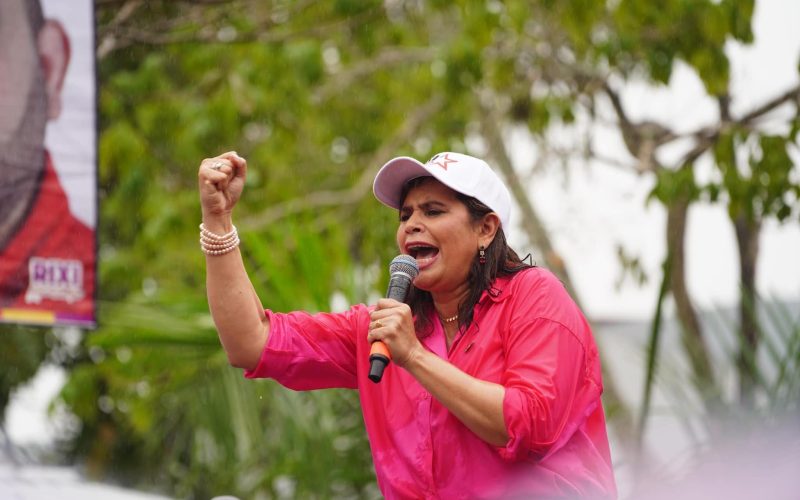Rixi Moncada’s presidential candidacy for the LIBRE party has sparked a national debate after she announced that, if elected, she will eliminate the Credit Information Center as of January 27, 2026. The measure would mean that millions of Hondurans would no longer appear in the credit registry, allowing loans to be granted without traditional control mechanisms.
The Credit Bureau as a technical instrument
Financial specialists highlight that the Credit Bureau holds an essential technical function within the nation’s financial system. Contrary to being a «blacklist,» it operates as a mechanism to assess the creditworthiness of applicants, protect citizens’ savings, and verify that banks provide loans based on responsible standards.
José Luis Moncada, ex presidente de la Comisión Nacional de Bancos y Seguros, advirtió que suprimir el organismo podría ocasionar préstamos indiscriminados. Moncada señaló que esta medida podría elevar la morosidad y perjudicar la solidez del sistema financiero, poniendo en peligro los recursos de los ciudadanos.
Similarly, the Honduran Association of Banking Institutions (AHIBA) highlighted that removing the Credit Bureau might affect job creation, hinder economic development, and reduce investor confidence, leading to uncertainty within the financial sector.
Political and social implications
Apart from the technical assessment, specialists have noted that the suggestion by Rixi Moncada carries political elements that might influence the economy. The proposal to dismantle the Credit Information Center might be seen as a move to engage politically with a system traditionally overseen in a regulated and technical way, experts say.
The possibility that the financial system could become an instrument for political purposes raises concerns about the security of Hondurans’ savings and the stability of credit. Analysts point out that decisions of this kind could affect thousands of families, limiting their access to financing and changing the rules of the game in the national economy.
A setting of doubt
The proposal by Rixi Moncada, candidate for the LIBRE party, raises the prospect of institutional and economic tension in Honduras. The discussion focuses on how to balance access to credit with preserving the stability of the financial system and protecting citizens’ resources.
Given this outlook, citizens and economic sectors are faced with the question of the country’s ability to manage profound changes in its financial mechanisms without compromising investor confidence or the economic security of households.
The scenario underscores the intersection of political choices and economic oversight, pointing out the challenges of administration and institutional frameworks in an environment where the initiatives of political figures have direct impacts on the financial well-being of the populace.
